Fatal car accidents are a tragic reality on the roads of Illinois. Each year, the state of Illinois witnesses a significant number of vehicular accidents that tragically result in the loss of life. The impact of these accidents extends beyond the immediate loss, affecting families, friends, and communities. In the face of such tragedies, individuals must be well-informed about the appropriate steps to take in the aftermath of a fatal car accident.
This knowledge not only helps in dealing with the immediate consequences but also plays a vital role in the legal and emotional processes that follow. We will provide the information you need after a fatal car accident in Illinois. From the immediate actions at the accident scene to navigating legal obligations and coping with the aftermath, we cover essential aspects to equip you with the necessary knowledge and resources.
Understanding these steps ensures that you can handle these challenging situations with composure and awareness, ultimately aiding in a more structured and effective response during such critical times.
Immediate Steps at the Accident Scene
The moments following a car accident can be chaotic and overwhelming, especially when it’s fatal. The first and foremost priority is ensuring the safety of all individuals involved. If you can move and are not seriously injured, check on the condition of other passengers and individuals involved in the accident. If it’s safe, move to a secure location away from traffic to avoid any additional hazards. In cases of serious injuries, it’s crucial not to move the injured unless there is an immediate danger, such as a fire, as improper movement can exacerbate injuries.
Once you are in a safe location, immediately call 911. This step is vital in ensuring that medical assistance and law enforcement are dispatched to the scene as quickly as possible. When speaking to the emergency operator, provide a clear and concise description of the location, the number of people involved, and the extent of the injuries as best as you can ascertain. Be prepared to answer any questions the operator might have. Once first responders arrive, it is essential to cooperate fully with them. They are trained to handle such situations and can provide essential assistance and guidance.
While waiting for emergency services, if your condition allows, start gathering information from the accident scene. This includes taking photographs of the vehicles involved, the surrounding area, and any skid marks or debris that may be relevant. These images can be crucial for insurance claims and legal proceedings.
Additionally, politely ask for their contact information if there are any witnesses. They could provide valuable statements later on. It’s also important to note the positions of the vehicles involved in the accident, as this can help in reconstructing the events leading up to the crash. Remember to do this safely and without interfering with the scene, as preserving the integrity of the accident site is crucial for the investigation.
Legal Obligations and Reporting the Accident
In Illinois, the law mandates prompt reporting of fatal car accidents. This legal requirement is not just a formality; it is a crucial step in properly documenting and investigating the incident. If you are involved in or witness a fatal car accident, you are required to notify law enforcement immediately. Typically, this is achieved through the initial 911 call. However, it’s crucial to ensure that a formal report is filed. The report, usually completed by the responding officers, should include detailed information about the accident, including the time, location, parties involved, and any known circumstances that led to the incident.
Understand that this documentation plays a vital role in any subsequent legal proceedings or insurance claims. The timeline for reporting can vary depending on the specific circumstances, but it’s generally advised to do so as soon as possible. In cases where you might be incapacitated or unable to file the report yourself, it is often handled by law enforcement officers at the scene. Keeping a copy of this report is crucial for future reference, especially when dealing with insurance claims or legal matters.
After a fatal car accident, one of the essential steps is contacting your insurance company. It’s advisable to do this soon after the accident, once the immediate safety concerns are addressed. When you call, be prepared to provide a concise but comprehensive account of the incident. However, it’s important to be mindful of the information you share. Stick to the facts and avoid speculating about the cause or fault of the accident.
Insurance companies have their own process for handling claims, especially in the case of fatal accidents. Be sure to ask about the specific steps and documentation required. This may include a copy of the police report, photographs of the accident scene, and any relevant medical reports.
Understanding your policy coverage is also crucial, as it determines the extent of support you can expect. Keep a record of all communications with your insurance company, and feel free to ask for clarifications on any aspects you need help understanding. If you feel overwhelmed or unsure about the process, consider seeking the assistance of a legal professional.
Navigating the Aftermath of a Fatal Accident
In the wake of a fatal car accident, various legal considerations come into play, particularly if you’re directly involved. One critical aspect is the potential for wrongful death claims. These claims are civil lawsuits typically filed by the family of the deceased against the party deemed responsible for the accident. Understanding liability issues is crucial, as they determine who is legally at fault.
Navigating these legal waters can be complex and emotionally taxing. It’s highly recommended to consult with a legal professional who practices in personal injury or wrongful death cases. An experienced attorney can provide guidance on your rights and responsibilities, help you understand the legal process, and represent you in any proceedings. They can also assist in dealing with insurance companies and ensuring that any settlements or claims are fairly negotiated.
The emotional impact of a fatal car accident cannot be understated. Whether you have lost a loved one, were involved in the accident, or witnessed it, the trauma can be profound and long-lasting. Acknowledging the need for emotional support is a vital step in coping with such a loss.
Seeking counseling or therapy can provide a safe space to process your emotions and work through the grief. Many communities in Illinois offer support groups specifically for those affected by fatal car accidents. These groups can be a source of comfort and understanding as they connect you with individuals who have gone through similar experiences. Additionally, there are various resources available, including mental health professionals and crisis helplines, which can offer immediate support and guidance.
Navigating the aftermath of a fatal car accident in Illinois involves a series of important steps. From fulfilling legal obligations and reporting the accident to dealing with insurance companies and addressing the emotional fallout, each aspect requires careful consideration and action. Understanding these steps and being prepared can significantly aid in managing the complex and challenging journey that follows a fatal car accident.
Engaging an Attorney After a Fatal Car Accident in Illinois
In the wake of a fatal car accident in Illinois, one of the most critical decisions you may face is determining when to engage an attorney. This decision is pivotal because the aftermath of such an accident often involves complex legal and financial considerations that can have long-term implications. Understanding the right time to seek legal counsel can significantly influence the outcome of any subsequent claims or legal actions.
Assessing the Need for Legal Representation
The immediate aftermath of a fatal car accident is usually marked by confusion and emotional turmoil. Amidst dealing with grief and shock, it’s essential to recognize situations where legal assistance is necessary. If the accident results in a fatality, the complexity of legal issues typically escalates, making it advisable to consult with an attorney as soon as possible. A wrongful death attorney can provide crucial guidance on various matters, including the investigation of the accident, the interpretation of laws relevant to your case, and the intricacies of insurance claims.
Understanding Legal Implications and Rights
In Illinois, fatal car accidents can lead to potential wrongful death claims and civil lawsuits initiated by the family of the deceased against the party responsible for the accident. These claims seek compensation for losses such as funeral expenses, lost income, and emotional distress. Engaging an attorney early in the process ensures that you understand your legal rights and the potential liabilities you might face. It’s important to note that in wrongful death cases, Illinois law imposes specific time limits for filing claims, known as statutes of limitations. An experienced attorney can ensure that all necessary actions are taken within these legal timeframes.
Navigating Insurance and Financial Matters
Dealing with insurance companies after a fatal accident can be a daunting task. Insurers often have extensive legal resources and may push for quick settlements that may not be in your best interest. An attorney can represent you in these discussions, ensuring that any settlement offer is fair and adequately compensates for the losses incurred. They can also assist in uncovering additional sources of compensation, such as uninsured motorist coverage or third-party liability, which you might not have considered.
The Role of Legal Counsel in Investigations
Another critical role of an attorney in the aftermath of a fatal car accident is assisting in the investigation. They can help gather and preserve crucial evidence, interview witnesses, and consult with accident reconstruction experts. This comprehensive approach to evidence collection is vital for building a strong case, whether it’s for negotiating with insurance companies or preparing for a potential lawsuit.
Emotional Support and Decision-Making
Finally, an often-overlooked aspect of engaging an attorney is the emotional support and clarity they can provide during a challenging time. Making informed decisions while grieving can be extremely difficult. An attorney can take on the burden of managing the legal aspects of your case, allowing you to focus on healing and coping with the loss. They can offer objective advice and help you make decisions that are in your best interest, both in the short and long term.
Engaging an attorney following a fatal car accident in Illinois is a step that should be considered promptly. Legal representation can significantly affect the management of legal, financial, and insurance-related matters following such a tragedy. An attorney’s experience not only helps in navigating the complex legal landscape but also provides a source of support and guidance during a time of overwhelming emotional and personal challenges. By understanding your rights, ensuring timely legal actions, and having an advocate on your side, you can navigate this difficult period with a sense of security and confidence in the pursuit of justice and fair compensation.
Talk To Our Cook County Car Accident Lawyers Now
According to experienced auto accident lawyers, quite a significant number of people due to their lack of awareness don’t exercise their legal rights by filing a claim for the injuries and losses they suffered.
If you file a claim as soon as possible and establish liability, you could get compensated for your medical expenses and the other damages you may have incurred due to the accident. But in order to establish liability, you would require the services of an experienced auto accident lawyer.
Were you injured in an accident? Contact our Cook County car accident lawyers today at The Law Office of Robert T. Edens for your free case evaluation. For immediate assistance, call us at (847) 395-2200.

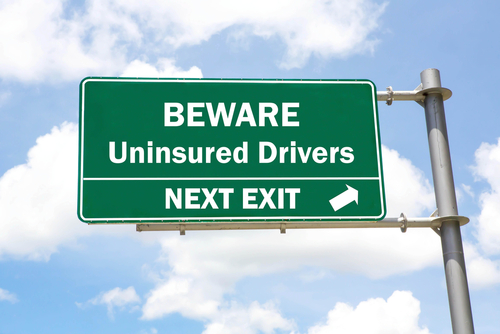
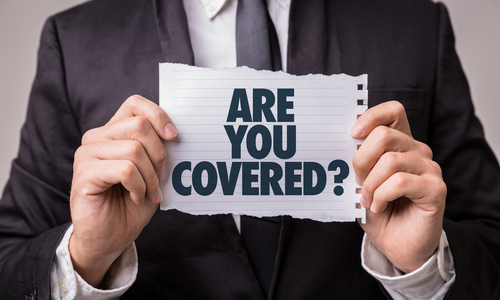
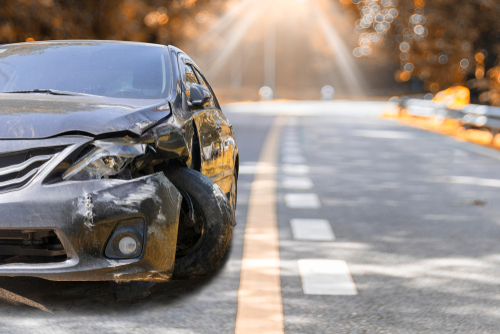
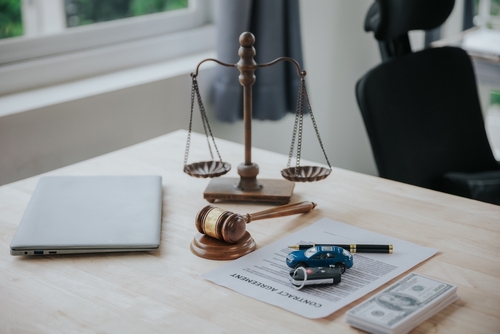
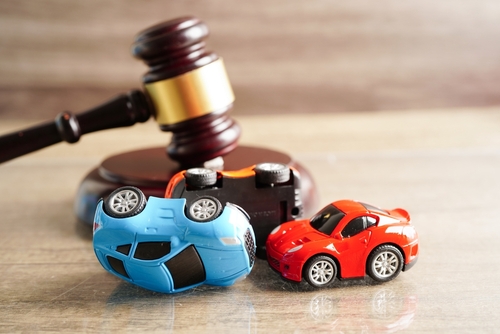

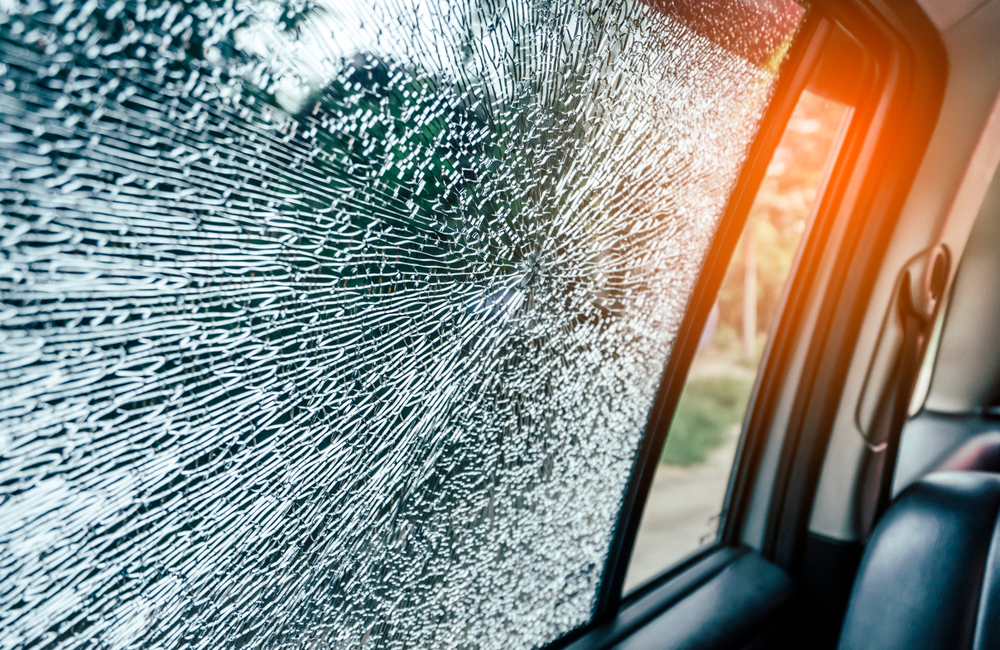
 When driving in snowy weather, you may love the outside view and feel cozy inside the vehicle, but the piling up snow or water can on your path prove outright dangerous for you and your family. According to the AAA Foundation for Traffic Safety, bad weather and wet, slippery road conditions are responsible for
When driving in snowy weather, you may love the outside view and feel cozy inside the vehicle, but the piling up snow or water can on your path prove outright dangerous for you and your family. According to the AAA Foundation for Traffic Safety, bad weather and wet, slippery road conditions are responsible for 
